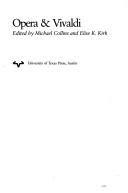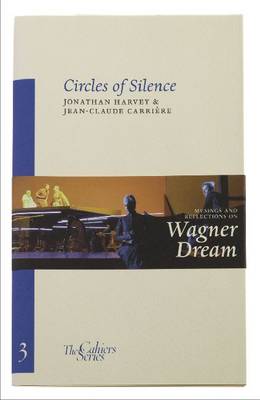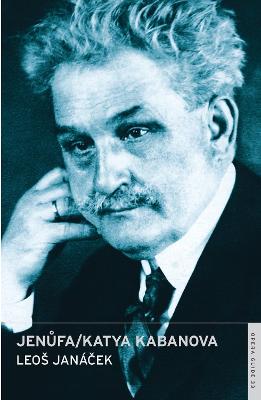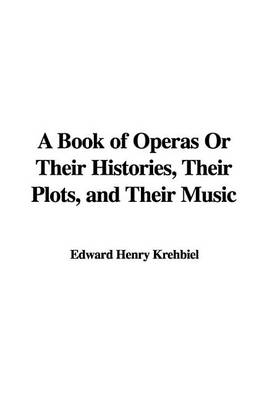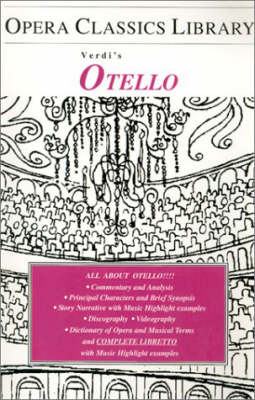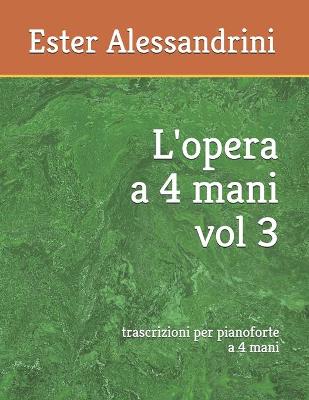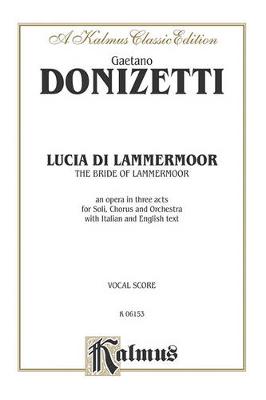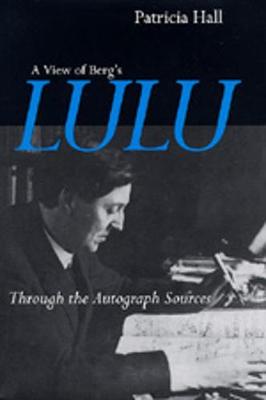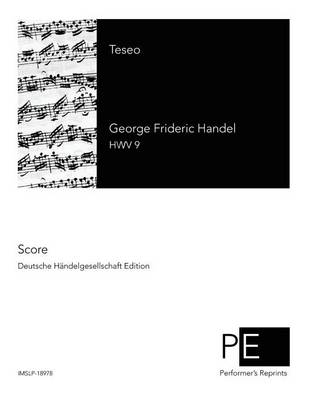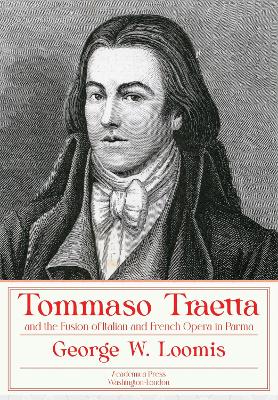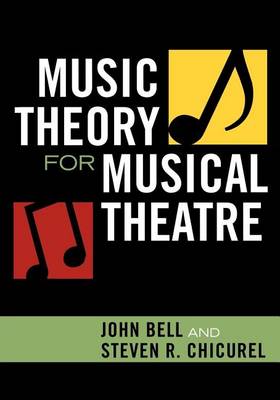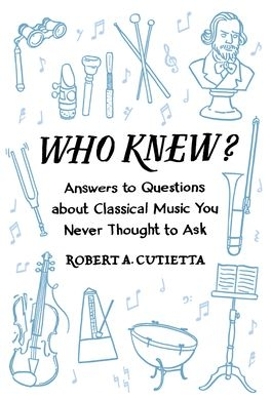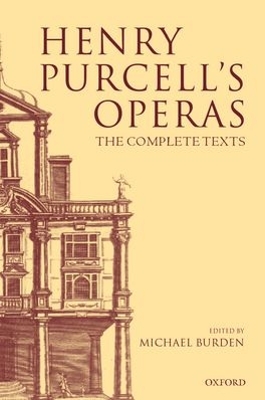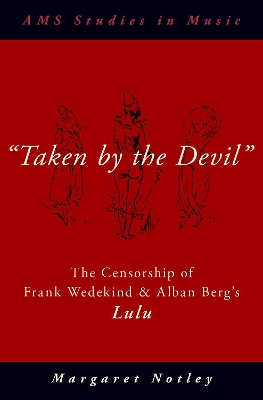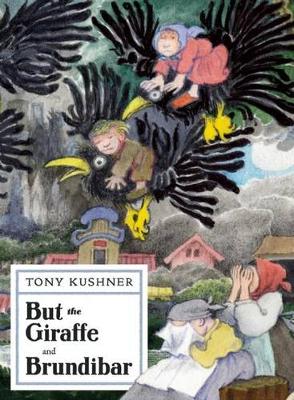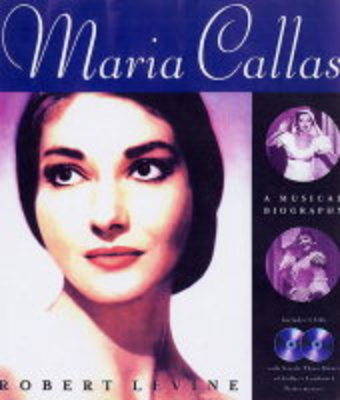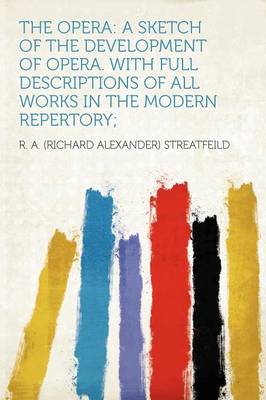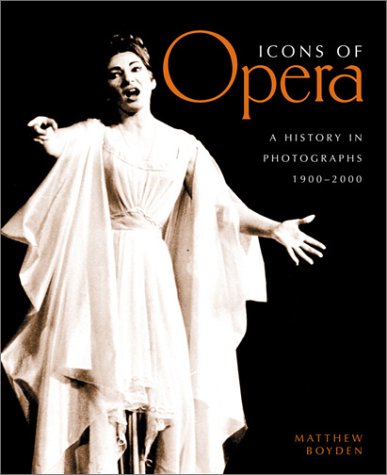From the "New York Times" review of the Dallas Opera's performance of "Orlando furioso" and the international symposium on Baroque opera: ." . . it was a serious, thoughtful, consistent and imaginative realization of a beautiful, long-neglected work, one that fully deserved all the loving attention it received. As such, the production and its attendant symposium made a positive contribution to the cause of Baroque opera . . . . "Baroque opera experienced a revival in the late twentieth century....
This double volume contains two masterpieces of the Czech composer Leoš Janácek. Jenufa was the opera which finally brought him international recognition – and, with it, fame at home. Based on Ostrovsky’s The Storm, Katya Kabanova contains wonderful music inspired by the composer’s love for a much younger woman. The scores are discussed by Arnold Whittall, and the background sources are variously introduced by social and literary historians. John Tyrell comments on an important letter about the...
A Book of Operas or Their Histories, Their Plots, and Their Music
by Edward Henry Krehbiel
Text and Music in German Operas of the 1920s (European University Studies, v. 173)
by Rebekka Fritz
After 50 years of analysis we are only beginning to understand the quality and complexity of Alban Berg's most important twelve-tone work, the opera "Lulu". Patricia Hall's new book represents a primary contribution to that understanding - the first detailed analysis of the sketches for the opera as well as other related autograph material and previously inaccessible correspondence to Berg. In 1959, Berg's widow deposited the first of Berg's auto-graph manuscripts in the Austrian National Librar...
Volumes I and II cover orchestral music. Volume III covers every field of chamber and instrumental music, and a fourth volume surveys vocal music. The listings are by composer, based on importance and number of records available. A selective list of those records, and some collector's items, round off each entry.
Tommaso Traetta and the Fusion of Italian and French Opera in Parma
by George W. Loomis
In 1759 the court of the Italian Duchy of Parma adopted the inspiration of cultural creators who recommended a reform of Italian opera along French lines. These writers favored combining Italian-style music with the wider range of musical genres and scenic variety of French opera. As the prize-winning music critic and commentator George W. Loomis shows in this groundbreaking volume, the young composer Tommaso Traetta was engaged to create new operas responding to these demands. As Loomis deftl...
Music Theory for Musical Theatre is a textbook designed to demystify music theory and analysis to make it more accessible to the musical theatre student. It aims to equip the student with a basic skill set that he or she can directly apply to the art form. John Bell and Steven R. Chicurel explore how musical theatre composers use basic principles of music theory to help illuminate characters and tell stories, while helping the student understand the form, structure, and dramatic power of musical...
Made for the Stage: The Operas of Jean-Baptiste Lully (Ashgate Interdisciplinary Studies in Opera)
by Antonia L. Banducci
An unrecognized key to understanding the operas of Jean-Baptiste Lully-that Lully conceived his operas as theatrical vehicles with the stage, its multiple aspects, and his Academie Royale de Musique repertory troupe's performers in mind-provides the central tenet of the book Made for the Stage: The Operas of Jean-Baptiste Lully (1673-1686). Over five chapters, this perspective expands our current understanding of how his opera's librettos were constructed, the deployment of his musico-dramatic...
Dictionnaire de l'Opera de Paris Sous l'Ancien Regime (1669-1791). Tome I - A-C (Dictionnaires Et Syntheses, #14)
This book answers questions from real classical music lovers about things they have always wondered but didn't know whom to ask. The information in this book is not readily found in music history or appreciation books, nor can it be found on line. Questions explored are: Do string players in orchestras get paid more because they play more than other instruments? Why does an orchestra tune to an oboe when there are electronic tuners? How does a composer decide what key to compose in? Why is the 1...
Henry Purcell's Operas
While understanding the concept of all-sung opera, seventeenth-century English impresarios and their audiences also understood opera to mean spoken plays with a large amount of added music. The works have been given a variety of descriptive titles including `semi-operas', `ambigues', `multi-media spectaculars', and, most appropriately, `dramatick operas'. As well as four big dramatick operas, Henry Purcell also wrote a small all-sung masque, Dido and Aeneas, which is one of the few works of th...
Censorship had an extraordinary impact on Alban Berg's operaLulu, composed by the Austrian during the politically tumultuous years spanning 1929 to 1935. Based on plays by Frank Wedekind that were repeatedly banned from being published and performed from1894 until the end of World War I, the libretto was in turn censored by Berg himself when he characterized it as a morality play after submitting it to authorities in Nazi Germany in 1934. After Berg died the next year, the third act was censored...
This illustrated biography of the brilliant and controversial opera singer, Maria Callas, includes two CDs featuring nearly three hours of her music, accompanied by the libretti and key to an enlightening commentary. The focus of the book is on her musical development, her influence, her critical reception and the specific qualities that have made her a legend. The CDs feature 30 different arias and performances from works by Puccini, Verdi, Donizetti, Bizet, Saint-Saens, Gounod and many more.
Madame White Snake
This opera in four acts is based on an ancient Chinese myth about a snake-shaped spirit that attains human form to experience love. The English libretto by Cerise Lim Jacobs sensitively adapts the story for modern audiences, and Zhou Long's music uses both Western and Chinese sounds to create a pioneering cross-cultural opera. Long was awarded the 2011 Pulitzer Prize for Music for Madame White Snake, and the Pulitzer jury described the work as "a deeply expressive opera that draws on a Chinese f...
